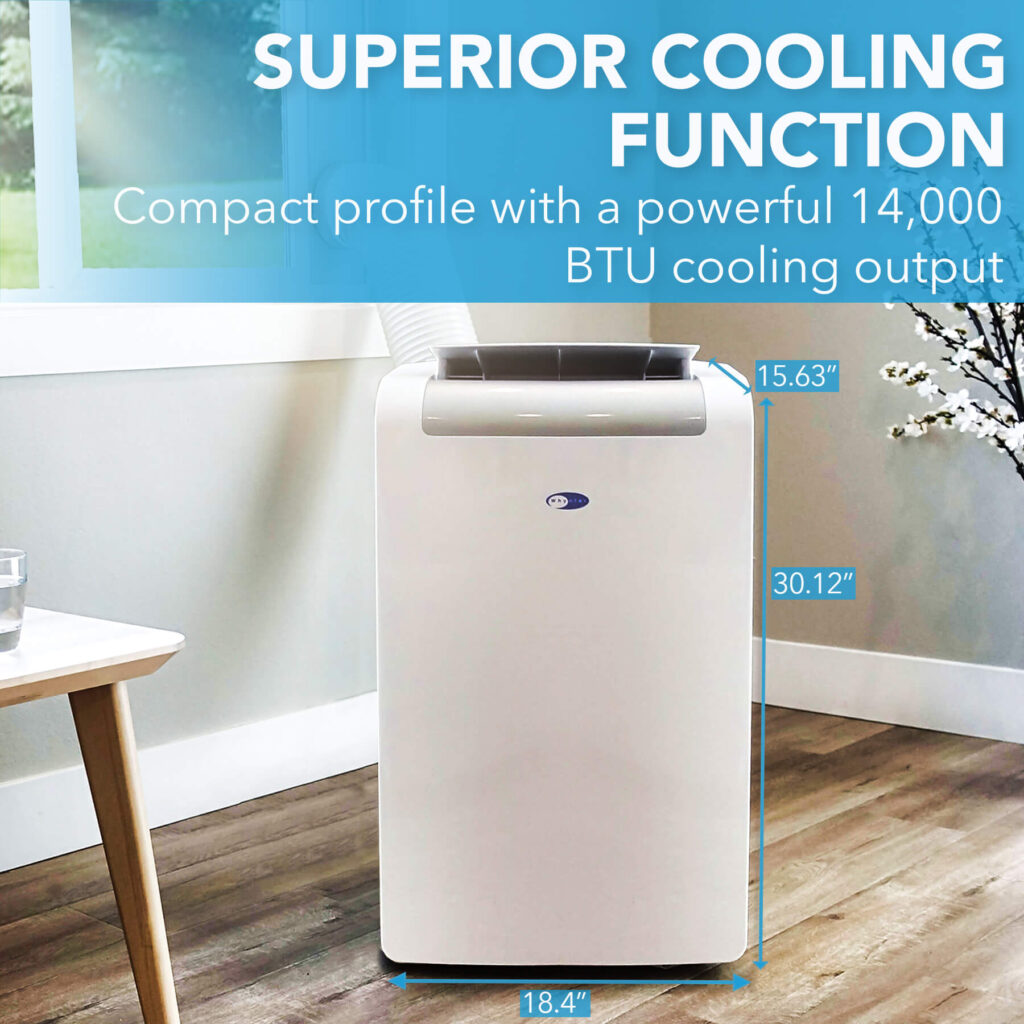
Introduction
As temperatures rise globally due to climate change, the demand for air conditioners is rapidly increasing. Air conditioners are no longer just a luxury; they have become essential appliances in both residential and commercial spaces. The ability to maintain a comfortable indoor climate has significant implications for health, productivity, and overall quality of life.
The Rise in Demand
According to the International Energy Agency (IEA), the number of air conditioning units worldwide is set to exceed 5.6 billion by 2050. This projection underscores the importance of air conditioners in protecting against heat-related illnesses and enhancing productivity, especially in regions experiencing extreme heat. In North America, the demand for air conditioning units soared by over 15% in the summer of 2023, reflecting changing consumer behavior towards seeking indoor comfort.
Environmental Impact and Innovations
While air conditioners provide relief, they also contribute to energy consumption and greenhouse gas emissions. As such, manufacturers are actively pursuing innovations to produce more energy-efficient models. Technologies such as inverter-driven compressors, improved insulation, and smart thermostats are becoming more common, allowing consumers to significantly reduce their energy usage. For example, Energy Star rated air conditioners can use up to 50% less energy than standard models. Additionally, there is a growing trend towards using environmentally friendly refrigerants that have a lower impact on global warming.
Air Quality and Health Considerations
Aside from providing comfort, air conditioners play a vital role in indoor air quality. Modern units often have built-in filtration systems that capture allergens, dust, and pollutants, which can significantly improve the health of individuals, especially in urban areas where air quality is often compromised. A study from the Canadian Institute for Health Information indicated that well-functioning air conditioning systems can lead to a decrease in respiratory problems among residents, particularly the elderly and those with pre-existing health conditions.
Conclusion
The relevance of air conditioners in contemporary life cannot be overstated. With global temperatures on the rise and a focus on energy efficiency, the market for air conditioning units continues to evolve. Consumers are encouraged to invest in energy-efficient models to not only enhance their comfort but also to contribute positively to environmental sustainability. As we look to the future, the integration of smart technology and eco-friendly practices will shape the way we view and use air conditioning in our homes and workplaces.



